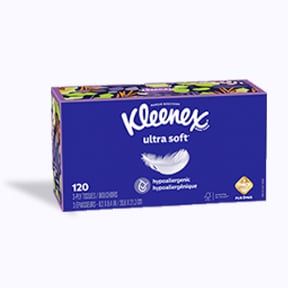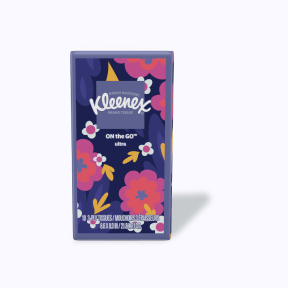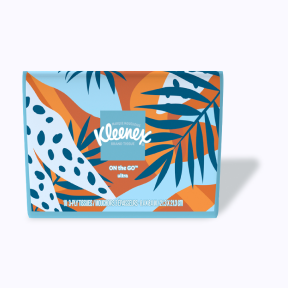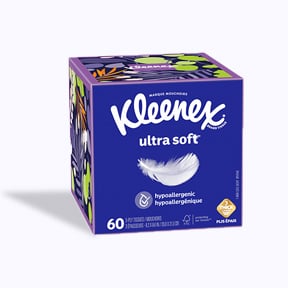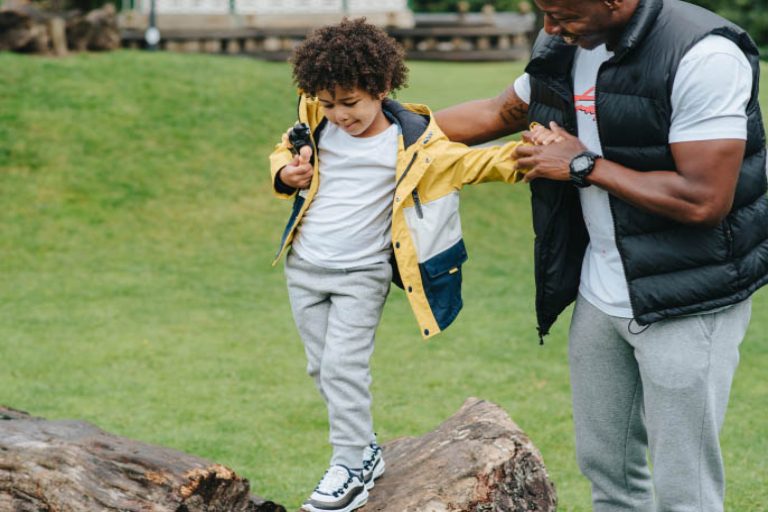
How to make going outdoors more comfortable
Some allergy sufferers think that risking symptoms, from the more common (such as a runny nose) to the more severe (such as a tickly cough) is sometimes not worth going outdoors for
Luckily, following some simple steps and solutions will help manage your seasonal allergy symptoms this summer, reduce your exposure to pollen and make sure you can get out and about.

- Plan your hay fever medicine in advance
- Think about what you’re wearing
- Use an allergy balm to block allergens
- Pick the best time to go outside
- Rain, rain, don’t go away.
Starting treatments early that can help reduce any inflammation in the nose, like nasal steroid sprays for allergies, can make future symptoms less severe. Antihistamines can also help prevent itchy eyes and a runny nose – making the outdoors a lot more manageable in the summer.
There are plenty of accessories you can wear that help prevent pollen, dander, and other airborne allergens from reaching your face, eyes, and hair – like hats, and wraparound sunglasses.
Those with seasonal may find that using an allergy balm around their nostrils can help create a barrier against pollen, dander and dust mites.
The pollen count is typically higher on warmer, drier days – and the general rule of thumb is that the count goes up in early mornings and evenings, no matter how hot it is. By keeping an eye on pollen forecasts in advance of any trips out, you’ll know what times to avoid, and when to be extra prepared.
Rain can be a blessing for those with seasonal allergies – as the pollen count typically goes down during, or right after, a shower of rain. So, if you’re itching to go outside but it’s a bit wet, pull on a raincoat and head outdoors.
Be ready if allergy sniffles or sneezes strike by keeping a box of Kleenex® Ultra Soft™ tissues on hand, America’s #1 preferred ultra tissue (among leading ultra national brands).
All content and advice is provided on behalf of Allergy UK in partnership with Kleenex®.
